Israel okays housing grants for former South Lebanon Army militiamen
The Israeli cabinet has approved a proposal to provide housing allowances to hundreds of former members of the Lebanese Christian-dominated militia South Lebanon Army (SLA), who fought alongside the Tel Aviv regime against resistance groups during the Lebanese civil war.
The decision would see some 400 former SLA militiamen who did not hold commanding ranks receiving a one-off grant of 550,000 shekels (around $161,000) towards buying a home over the next four years, the Israeli army said in a statement on Sunday.
The army said the grants will only be given to those who served in the SLA, noting that the assistance would be given to the widows of the militiamen too, provided that they resided in the occupied lands.
The grants will be provided to those eligible from this year until 2026, in accordance with a priority list created by a team to be established for this purpose of the grant distribution, the military said.
The Sunday bill was jointly suggested by the Israeli minister of military affairs Benny Gantz and finance minister Avigdor Liberman, after the army established a panel for addressing “gaps” in the absorption of SLA veterans in Israel, some four years ago.
The SLA was formed in 1976 after the start of the Lebanese civil war and operated from 1977 until its disbandment in 2000. It was originally known as the Free Lebanon Army.
After 1979, the militia mainly operated in southern Lebanon under the authority of Saad Haddad.
The FLA fought against various groups, including the Palestine Liberation Organization (PLO), the Amal Movement, and the Hezbollah resistance movement.
The militia was trained, funded, and supported by Israel, and became its primary ally in Lebanon during the 1985–2000 South Lebanon conflict.
When the Israeli army withdrew from southern Lebanon in 2000, thousands of SLA members and their families fled the Arab country for fear of reprisals from the resistance groups they once fought and settled in the Israeli-occupied lands or elsewhere.
Many SLA veterans say they feel Israeli authorities have abandoned them. They often work in low-paying jobs and are unable to return to Lebanon.
Tehran slams US 'harassment' of Iranian diplomats to UN
Ayatollah Khamenei: Iran advancing despite many challenges
Baby dies of cold as winter hits displaced Gazans amid Israeli attacks
Nuclear chief: Iran should turn from buyer to creator of technology
Swiss MPs urge revocation of UEFA tax-exemption over Israel ties
'No war on Venezuela' demonstration in US
Pezeshkian hails ‘decisive step’ in ties as Iran, Kazakhstan seal 14 deals
VIDEO | India faces new political clash over patriotic song


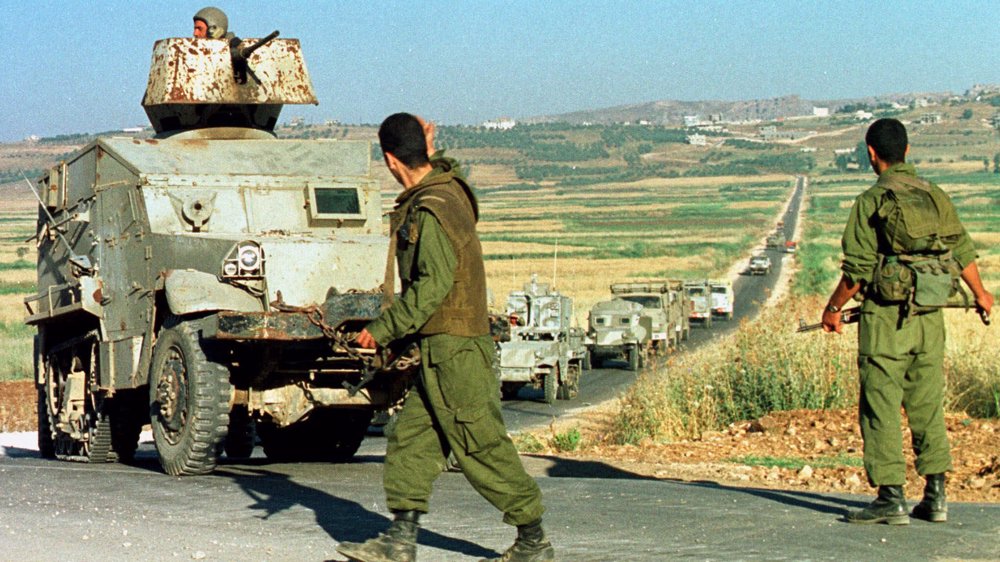

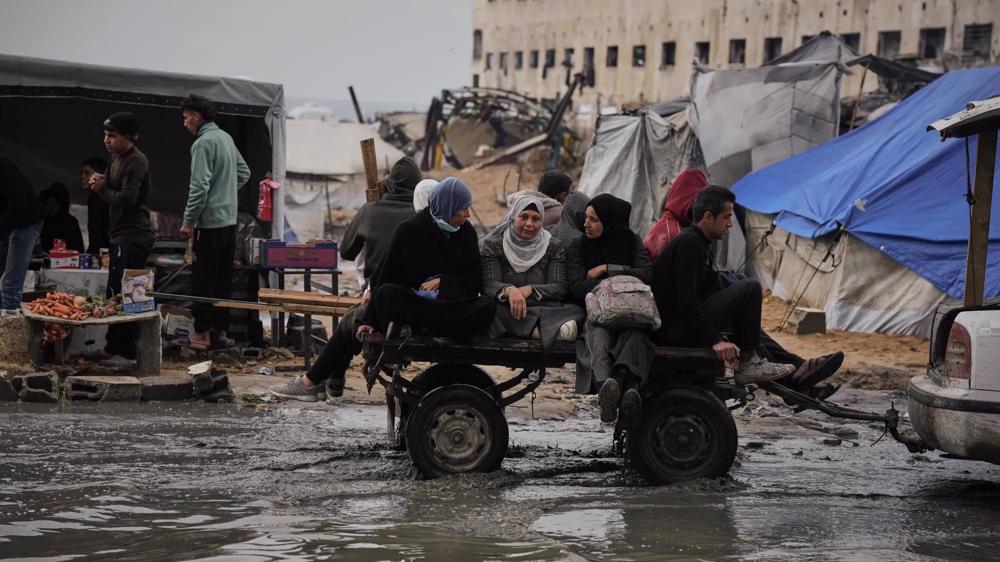
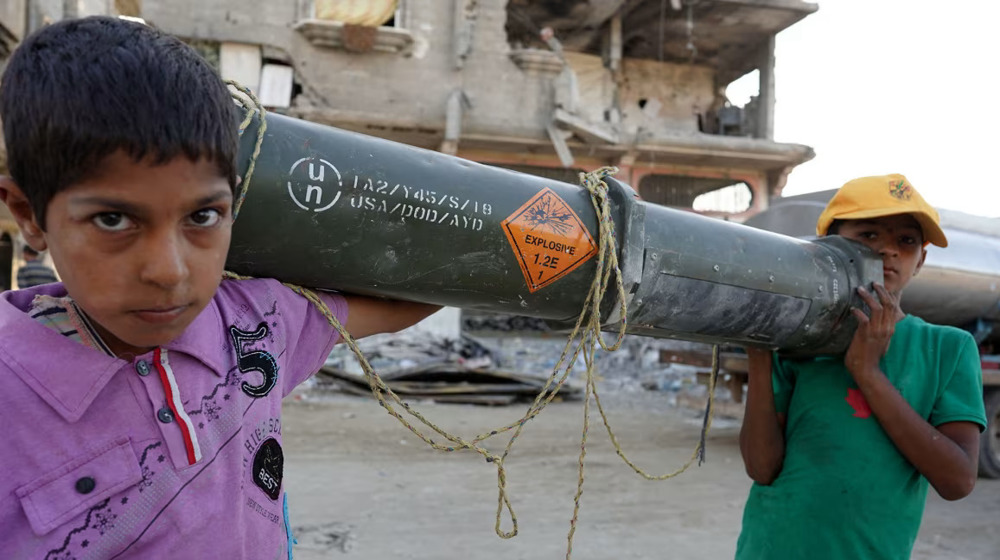





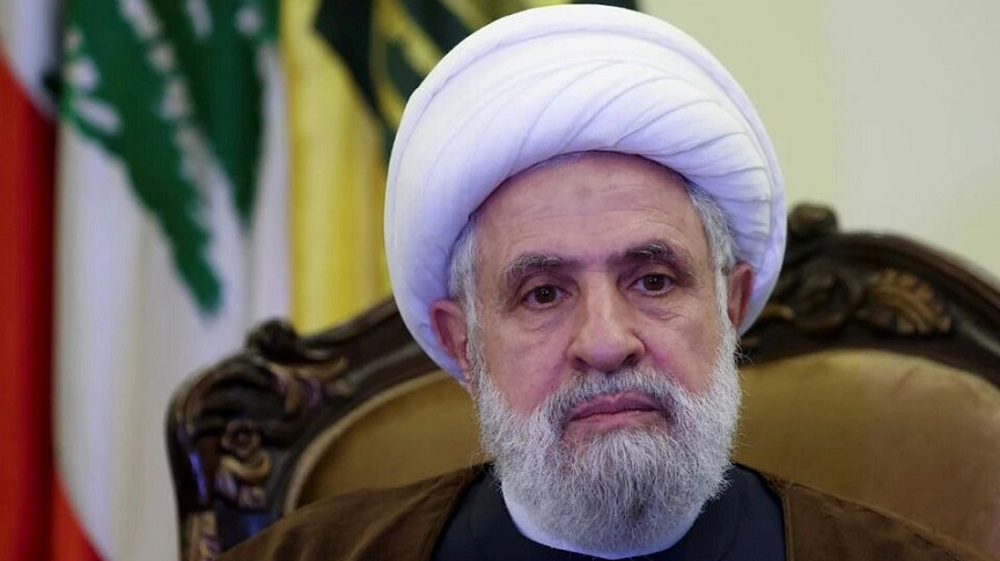

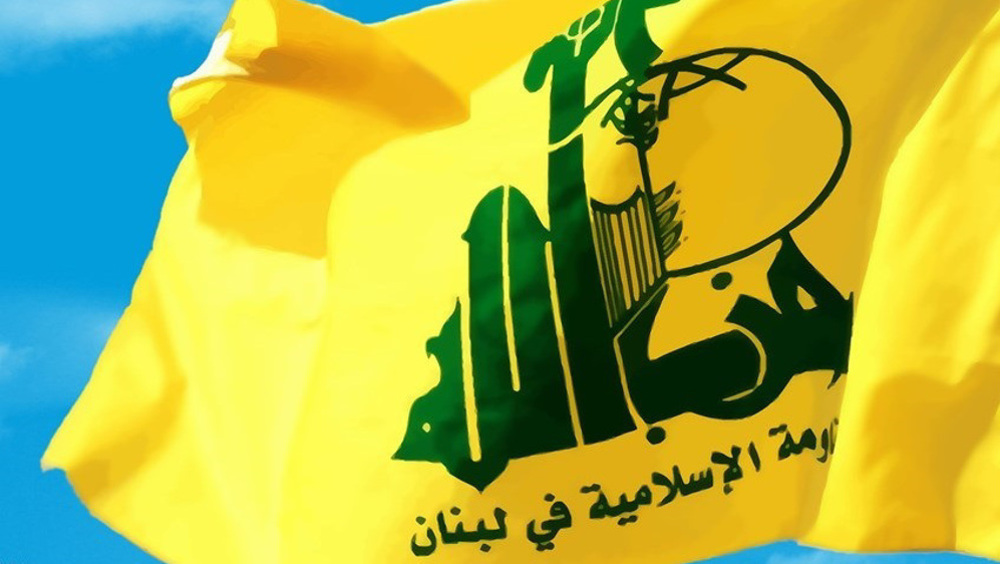

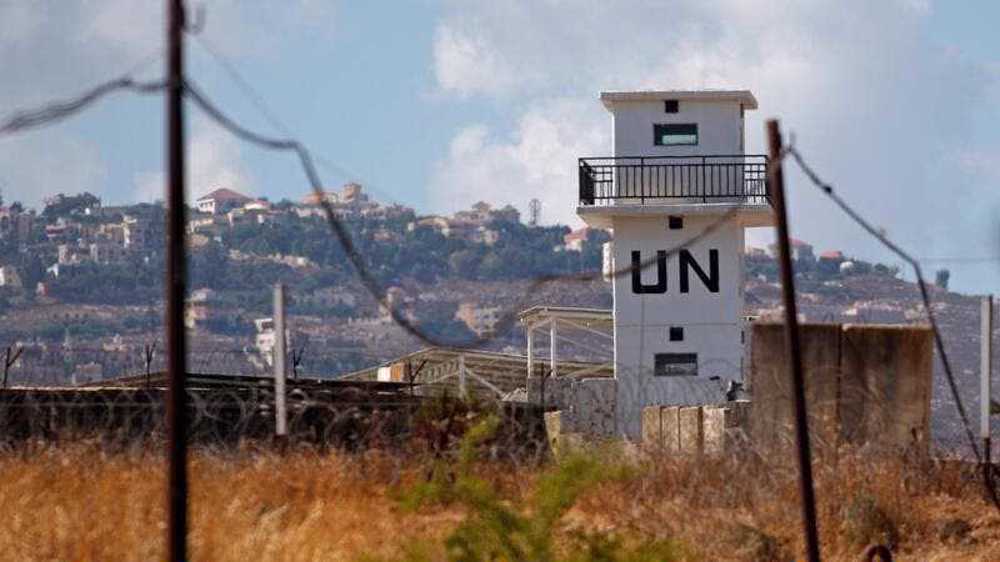

 This makes it easy to access the Press TV website
This makes it easy to access the Press TV website